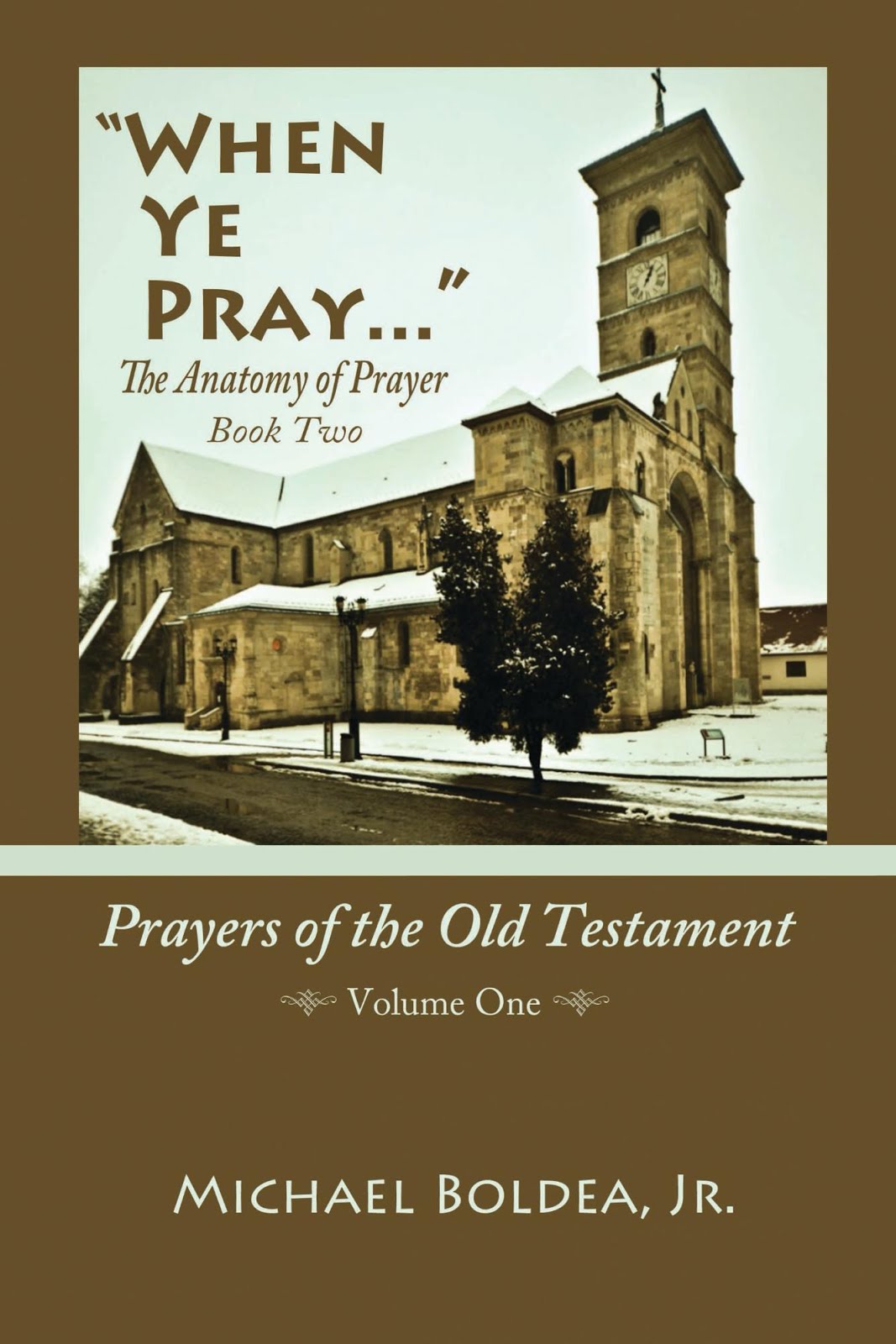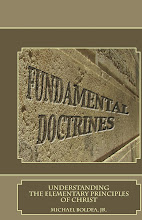Deliberate specificity is hard to pull off nowadays. We can no longer rely on the absolutism of definition because everything has become about consensus. Words don’t mean what they used to anymore. We can, at will, redefine anything as long as enough influential people get behind our movement.
It used to be that if you put three people in a room with a
table holding a glass of water and asked them what was on the table, they’d
likely all say it was a glass of water. Nowadays, one will say it’s a glass of
water, another will say it’s a reminder of the horrors of the patriarchy, and
another will insist that it’s a non-binary, gender-neutral receptacle
that should be celebrated for its bravery.
Words matter; they mean things, and depending on the words
you choose to speak, a soft answer can even turn away wrath.
Hierarchically speaking, actions are one step above words, so
you look to past actions to support your conclusions when words can no longer
be trusted. Just to clarify, it’s not the words God has spoken that can no
longer be trusted; it’s the words that men speak in His name. Especially when
the words they speak in His name are contrary to the words, He has spoken in
His Word.
When there are ten interpretations for every declarative
sentence God uttered, your safest recourse is to tune everyone out and believe
God at His word. If you need any further cementing of your faith, that it may
not fail, you look to what God has done, how He has done it, and when.
His mercies might be new every morning, but the way He
interacts with His people remains consistent throughout millennia. God will not
do anything inconsistent with His character. God will never alter His modus
operandi from one generation to the next. He is not the author of confusion.
If you understand the
past and see through the prism of precedent, you will never be caught off guard
thinking that this or that is something God would never do or wonder why He has
not acted or intervened in a particular situation.
Whether it’s Israel standing before the Red Sea with the
Egyptian army fast on their heels, Daniel in the lion’s den, or Shadrach,
Meshach, and Abednego in the fiery furnace, a clear pattern emerges as to when,
how, and why God intervenes.
The knowledge that not only can He intervene but has in the
past, and with limitless power at His disposal, gives us peace and reassurance
that come what may our God is able.
Wherever you see the hand of God intervene, whether, on
behalf of an individual, a group of individuals, or an entire people, their
situations were similar in that they were untenable. It is fitting to say that they were in dire circumstances, whether talking about the lions, the furnace, or
the chariots bearing down on defenseless masses of men, women, and children.
Save for God shutting up the mouths of the lions, Daniel
would have been eaten. Save for God parting the Red Sea, Israel would have been
slaughtered. Save for God protecting the three young men, they would have
burned.
It’s not about bypassing the fiery trial altogether; it’s about God intervening at the opportune moment.
God intervened when all other means failed. Human ingenuity,
and preparation, all went out the window, and because they had taken a stand
for their faith, their lives were now in peril. The three young men could have
bowed, but they didn’t. Daniel could have ceased praying, but he chose not to.
They had proven their faithfulness; they had surrendered to
the will and purpose of God, whatever that might have been. The three young men
knew that God could deliver them from the fiery furnace. Whether He chose to or
not was within His purview. They knew, however, that He would deliver them from the king’s hand one way or another. One was a certainty, and the other was
not.
We’ve determined the when of it. Tomorrow we delve into the how and the why.
With love in Christ,
Michael Boldea, Jr.










1 comment:
So nice to read your posts every morning. Thank you. A voice of reason in a lost society.
Post a Comment